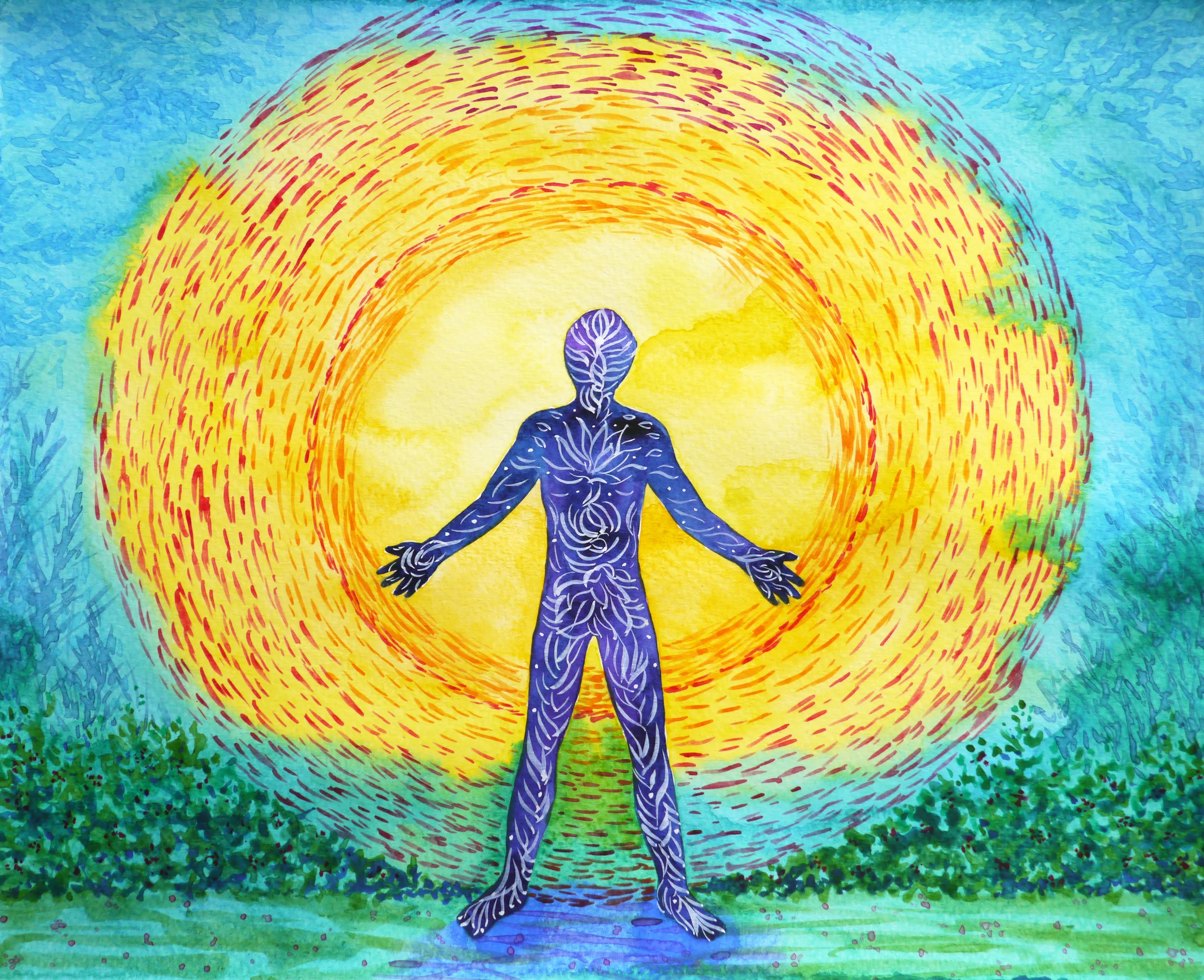As storytellers, we know that any teller has the power to "make midrash," and therefore to emphasize any particular interpretation of a story. Obviously, this power brings a responsibility to be thoughtful about the meaning we choose to communicate.
At the same time, we may have another social responsibility: to remind our listeners—and the world at large—of how any story's meaning can be completely transformed by merely adding or deleting certain incidents.




